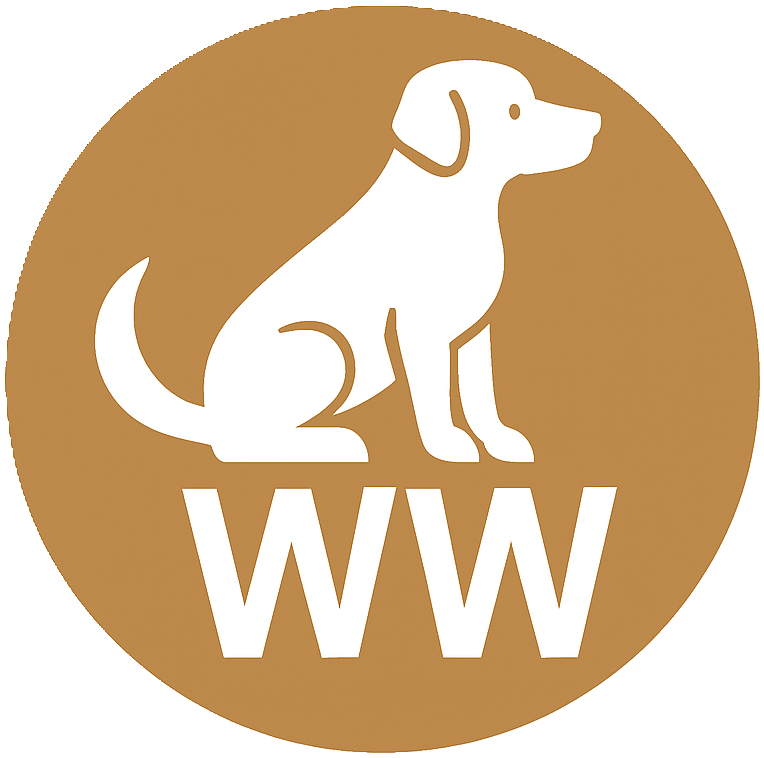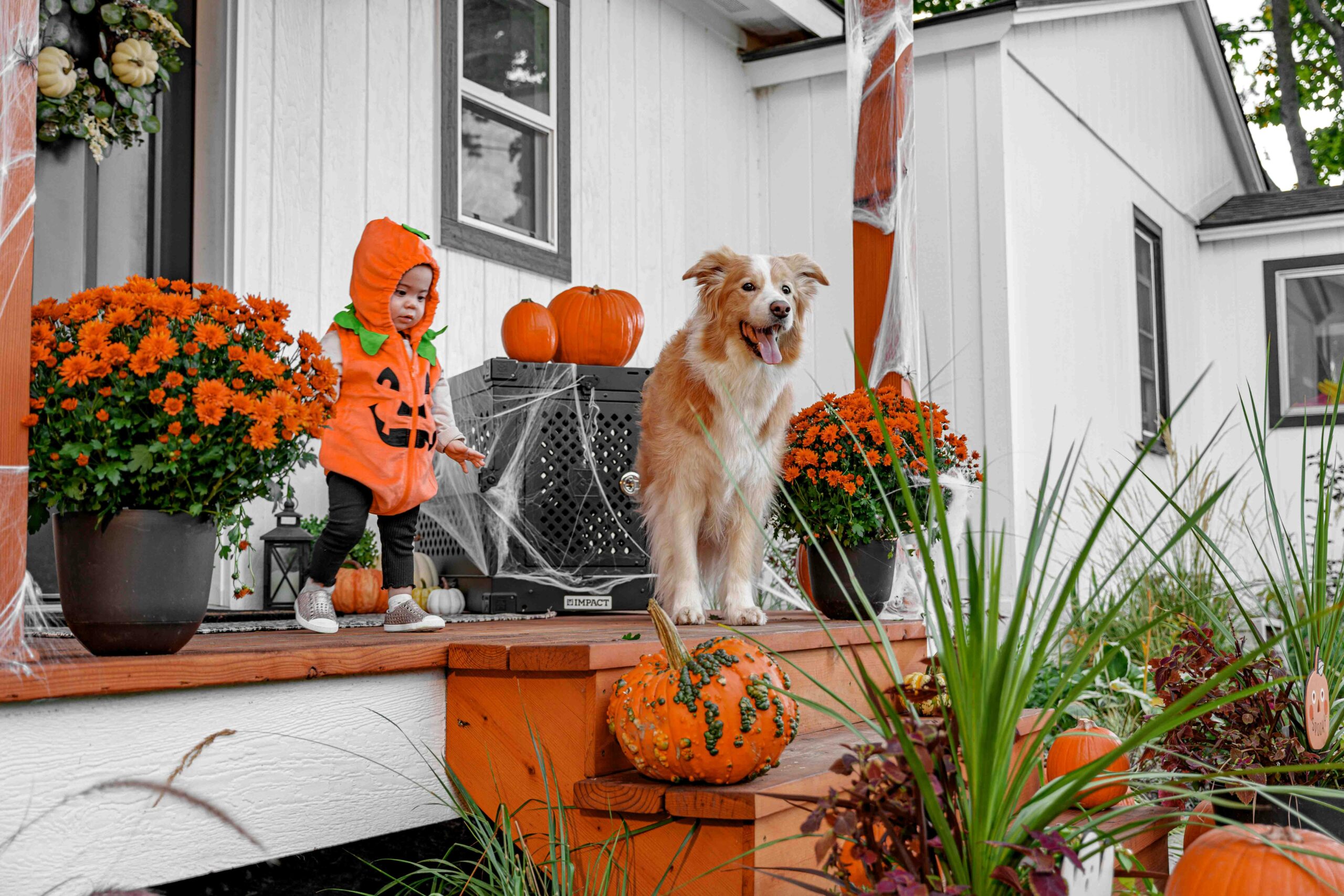As the winter holidays approach, many pet owners look forward to cosy nights by the fire, festive decorations and sparkling snow. While this season can be magical, it also brings unique challenges for our canine companions. Cold weather, seasonal foods and bustling gatherings can pose risks to dogs if we’re not prepared. With some planning and awareness, you can ensure your four-legged friend stays safe, warm and content throughout the winter celebrations.
Understanding Winter Hazards for Dogs
Winter is full of delightful experiences, but it also introduces potential dangers. Being aware of these hazards allows you to plan accordingly and protect your dog.
Cold Weather and Exposure
Just like humans, dogs can suffer from hypothermia and frostbite. Short-haired, small or senior dogs are particularly vulnerable to low temperatures. Signs of hypothermia include shivering, lethargy, dilated pupils and shallow breathing. Frostbite, which most commonly affects ears, paws and tails, may not be immediately obvious but can cause lasting damage.
To minimize risk:
- Limit time outside on extremely cold days and monitor your dog’s behavior for signs of discomfort.
- Invest in a dog coat or sweater for breeds with short fur or those prone to the cold. Make sure the fit allows for free movement and bathroom breaks.
- Protect their paws with booties or paw wax to prevent frostbite and irritation from salt and ice-melting chemicals. Always wipe or rinse paws after walks to remove de-icing agents.
Toxic Holiday Foods
Holiday feasts often feature dishes that are harmful to dogs. Watch out for:
- Chocolate and sweets: Chocolate contains theobromine, which can cause vomiting, rapid breathing, seizures and cardiac issues. Sugar-free treats may contain xylitol, a sweetener that can lead to a sudden drop in blood sugar and liver failure.
- Grapes, raisins and currants: Even small amounts can cause kidney failure in dogs.
- Alcohol: Spilled wine, beer or cocktails can lead to intoxication and poisoning.
- Rich fatty foods: High-fat meats, gravy and buttery desserts can trigger pancreatitis, a painful and potentially fatal condition.
- Bones: Cooked bones can splinter and cause choking or internal injuries.
Remind guests not to feed your dog table scraps and keep garbage securely closed to prevent rummaging.
Dangerous Decorations and Plants
Festive decor can tempt curious dogs but poses hazards:
- Tinsel and ribbon: If swallowed, these can cause intestinal blockages that may require surgery.
- Electrical cords: Chewing on lights and extension cords may lead to burns or electric shock. Use cord protectors and keep cords out of reach.
- Candles and open flames: A wagging tail can easily knock over a candle, leading to burns or fire.
- Seasonal plants: Poinsettias, holly and mistletoe can cause mild to severe gastrointestinal distress if ingested. Keep plants high up or use artificial versions.
Preparing Your Dog for Cold Weather
Taking proactive steps to keep your dog comfortable will help them embrace winter rather than endure it.
Gear Up for Walks
Invest in quality gear:
- Warm outerwear: Coats and sweaters should cover the neck and belly. Materials like fleece or quilted nylon provide insulation without adding bulk.
- Foot protection: Booties protect paws from ice and salt. If your dog refuses booties, consider applying a paw balm to provide a protective barrier.
- Reflective gear: Shorter daylight hours mean you’ll often be walking in the dark. Attach reflective collars, harnesses or LED lights so your dog is visible to drivers.
Adjust Routine and Environment
- Shorter walks, more often: Several shorter outings may be better than one long walk in freezing temperatures. Pay attention to your dog’s cues and head inside if they lift their paws frequently or shiver.
- Indoor exercise: Keep your dog active with indoor fetch, tug-of-war or hide-and-seek. Interactive puzzle toys provide mental stimulation when outdoor time is limited.
- Create a warm retreat: Ensure your dog has a draft-free sleeping area with a cushioned bed. Older dogs and those with arthritis may benefit from heated pads designed for pets.
Festive and Safe Activities for Dogs
The holidays should be enjoyable for everyone, including your pup. Try these seasonal activities that combine fun with safety:
Snowy Adventures
If your dog loves snow:
- Snowball fetch: Toss soft snowballs for your dog to chase. Avoid aiming at their face, and take breaks to warm up.
- Snow mazes: Build pathways in deep snow for small or short-legged dogs to explore.
- Skijoring: For high-energy breeds, this sport involves your dog pulling you on skis. Start slowly and ensure you have proper equipment and training.
Indoor Festivities
- Holiday photo shoot: Dress your dog in festive attire or use props to capture holiday photos. Keep sessions short, reward with treats and stop if they seem stressed.
- DIY paw print ornaments: Use non-toxic, air-dry clay or salt dough to make a keepsake of your dog’s paw print. Avoid chemicals that may irritate their skin.
- Gift exchange: Let your dog unwrap a few pet-safe presents. Toys that squeak or provide mental challenges make excellent gifts.
Dog-Friendly Events
Many communities host winter markets or charity walks that allow dogs on leashes. These events are great opportunities for socialization, but be mindful of crowds. Dress your dog appropriately, carry water and watch for overstimulation.
Traveling with Your Dog During the Holidays
If your winter plans include a trip, careful preparation ensures your dog’s comfort and safety.
Plan Ahead
- Pet-friendly accommodations: Confirm that hotels or rental properties accept dogs and inquire about any fees or restrictions. Book early, as pet-friendly rooms fill quickly during the holidays.
- Vaccination and health records: Bring copies of your dog’s vaccination documents, health certificates and any medication they might need.
- Identification: Make sure your dog’s microchip information is up to date and they wear a collar with an ID tag that includes your current contact information.
Safe Travel Practices
- Car travel: Use a secured crate, safety harness or travel barrier to restrain your dog. Stop regularly for bathroom breaks and exercise.
- Air travel: If flying, check your airline’s pet policy. Some airlines allow small dogs in the cabin in a carrier that fits under the seat. For cargo travel, choose direct flights and avoid extreme temperatures. Attach a photo and contact info to the crate and make sure your dog is acclimated to the carrier beforehand.
- Avoid holiday traffic peaks: Traveling during off-peak hours reduces stress and the likelihood of delays.
Winter Health and Grooming
Cold weather can affect your dog’s skin and coat. Proper grooming helps maintain comfort:
- Moisturize skin: Dry indoor air can cause itchy skin. Ask your vet about adding omega-3 fatty acids to your dog’s diet or using a pet-safe moisturizer.
- Bathing frequency: Limit baths during winter to avoid stripping natural oils, and always dry your dog thoroughly. A damp coat in cold weather can lead to chilling.
- Trim hair around paws: Keeping fur short between paw pads prevents ice balls from forming and collecting de-icing chemicals.
- Monitor weight: Dogs may burn more calories staying warm; adjust food portions accordingly but avoid overfeeding.
Holiday Gifts for Your Dog
Spoil your dog with thoughtful gifts that promote enrichment and well-being:
- Interactive toys: Puzzle feeders, treat-dispensing balls and snuffle mats encourage problem solving.
- Comfy bedding: Upgrade their bed with orthopedic memory foam or a cave-style bed for burrowing.
- Homemade treats: Bake peanut butter and pumpkin biscuits or dehydrate lean meats for a healthy snack.
- Training classes: Enroll in agility, nose work or obedience classes as a gift that strengthens your bond and teaches new skills.
Conclusion
With the proper precautions, winter and the holidays can be a season of joy and bonding for you and your dog. By recognizing potential hazards, preparing with the right gear and routines, and providing enriching activities, you’ll ensure your canine companion stays safe and happy. As you sip hot cocoa and watch snowflakes fall, you can relax knowing you’ve created a winter wonderland that truly includes your best friend.




